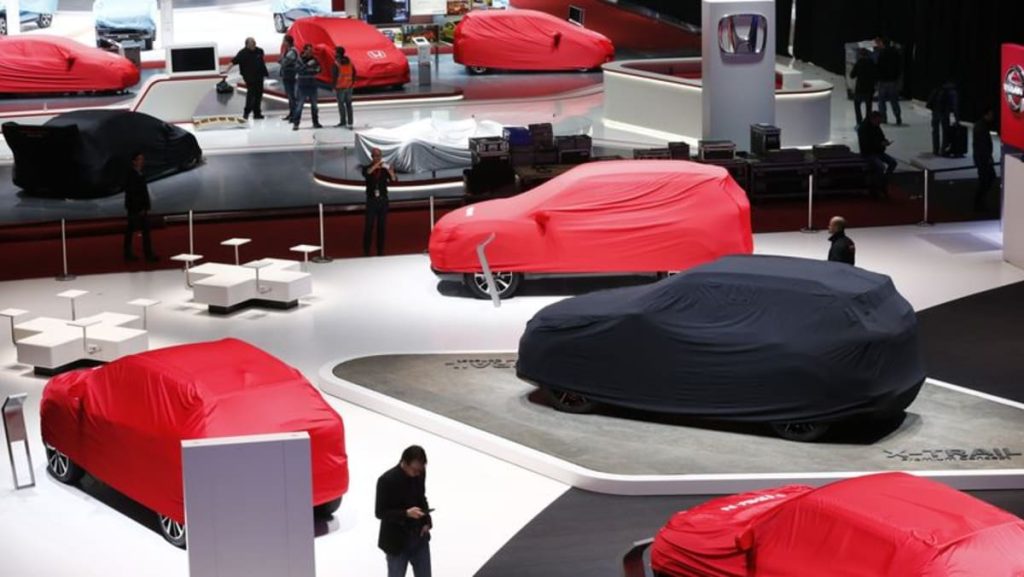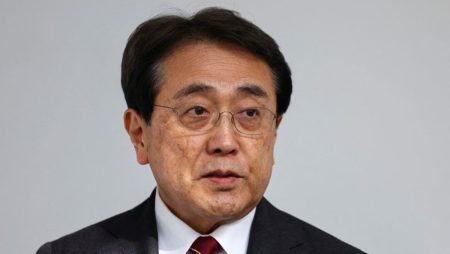Japan’s Hesitation in the EV Race: A Confluence of Factors
Japan, a nation renowned for its automotive prowess, has paradoxically lagged behind in the global transition to electric vehicles (EVs). This seemingly counterintuitive stance can be attributed to a complex interplay of factors, ranging from its entrenched commitment to hybrid technology and limited government incentives to the strategic decisions of its leading automakers. Understanding these elements is crucial to deciphering Japan’s EV landscape and predicting its future trajectory in the electrified automotive world.
One of the most significant factors contributing to Japan’s slow EV adoption is its deep-rooted affinity for hybrid electric vehicles (HEVs). Japanese automakers, particularly Toyota, pioneered and heavily invested in HEV technology, achieving remarkable success in the domestic market. This established a strong consumer preference for hybrids, perceived as a practical and environmentally conscious choice. This pre-existing market saturation with HEVs, coupled with the continued projection of growth in hybrid sales until 2027, has created a degree of inertia, hindering the rapid uptake of fully electric vehicles. While hybrids offer improved fuel efficiency compared to traditional gasoline cars, they still rely on internal combustion engines and thus do not address the growing demand for zero-emission transportation.
Further compounding this technological preference is the lack of substantial government incentives for EV adoption in Japan. In contrast to many other countries that have implemented aggressive policies and subsidies to promote EV sales, Japan’s approach has been comparatively restrained. This disparity in government support has created an uneven playing field, making EVs less financially attractive to Japanese consumers compared to their counterparts in countries with more generous incentives. This has undoubtedly contributed to the slower growth of the EV market in Japan and allowed hybrid technology to maintain its dominant position.
The strategic decisions of Japanese automakers, especially Toyota, have also played a pivotal role in shaping the country’s EV trajectory. Toyota, a global automotive giant and a trendsetter within Japan, has been relatively hesitant to fully embrace EVs, prioritizing its hybrid technology and expressing concerns about the scalability and infrastructure requirements of a rapid EV transition. This cautious approach by the market leader has influenced the strategies of other Japanese automakers, creating a collective reluctance to aggressively pursue EV development and deployment. This cautious approach has allowed international competitors to gain significant ground in the EV market, placing Japanese automakers in a catch-up position.
This strategic lag has become increasingly evident in recent analyses of decarbonization efforts within the automotive industry. Studies conducted by environmental groups have ranked Japanese automakers, including Toyota, Honda, and Nissan, lower than their global counterparts in terms of their commitment to reducing carbon emissions. This perceived lack of urgency in transitioning to zero-emission vehicles has raised concerns about the long-term competitiveness of the Japanese auto industry, especially given the growing global demand for EVs and the tightening of emissions regulations worldwide.
The potential economic consequences of Japan’s slow EV adoption are substantial. The automotive industry is a critical component of the Japanese economy, accounting for a significant portion of its exports. Experts have warned that a failure to adapt to the global shift towards EVs could lead to a decline in Japan’s GDP and significant job losses within the auto sector. This potential economic fallout adds urgency to the need for Japanese automakers to accelerate their EV development and deployment strategies.
Recognizing the shifting global landscape and the potential risks of inaction, Japanese automakers are now actively seeking to regain ground in the EV market. They are investing heavily in next-generation battery technology, particularly solid-state batteries, which promise faster charging times, longer ranges, and improved safety compared to current lithium-ion batteries. This focus on advanced battery technology is seen as a key differentiator that could give Japanese automakers a competitive edge in the EV market.
Furthermore, Japanese automakers are exploring strategic partnerships and collaborations to accelerate their EV development and reduce costs. Nissan and Honda, for instance, have announced plans to jointly develop EVs and self-driving software, aiming to leverage their combined expertise and resources to compete more effectively with larger international rivals. This collaborative approach reflects a growing awareness of the need for greater agility and resource sharing in the rapidly evolving EV landscape.
The inclusion of Mitsubishi Motors in this alliance further strengthens the potential impact of this collaboration. With the combined production capacity of Nissan, Honda, and Mitsubishi, this partnership could significantly accelerate the development and deployment of EVs in Japan and globally. This collaborative effort represents a significant shift in strategy for Japanese automakers, moving towards a more cooperative and integrated approach to EV development.
Despite the challenges and the need to catch up in areas like battery prices and car design, experts believe that Japanese automakers are not far behind their international competitors. They possess a wealth of automotive engineering expertise and a history of innovation, which could be leveraged to accelerate their EV development and regain market share. The first mass-produced EV, the Nissan Leaf, serves as a reminder of Japan’s early leadership in electric mobility.
The potential success of these strategic partnerships and the outcome of the ongoing technological race in battery development will ultimately determine Japan’s future in the global EV market. While challenges remain, the renewed focus on EVs, coupled with the potential of collaborative efforts and technological advancements, suggests that Japanese automakers are determined to reclaim their position as leaders in the automotive industry, albeit in an increasingly electrified world.










